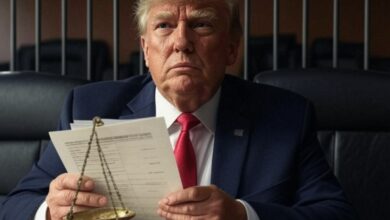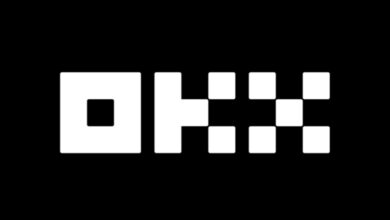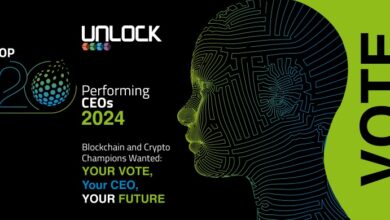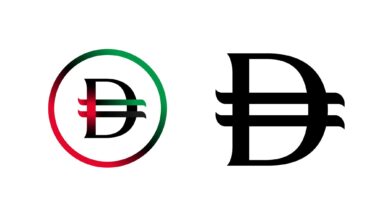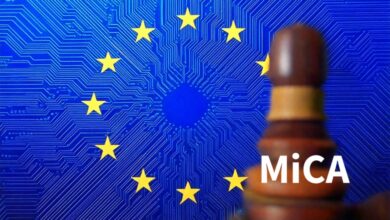Exploring the Potential and Challenges of DAOs
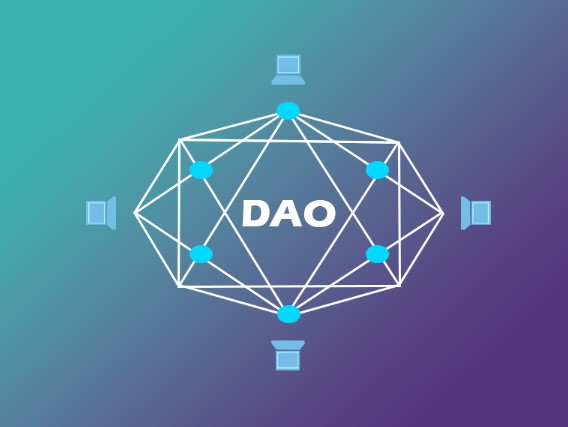
Can a DAO do what Sam Bankman-Fried did?
By definition, a DAO, or Decentralized Autonomous Organization, is a type of organization that is run through a set of rules encoded as smart contracts on a blockchain. It is designed to operate without the need for a central authority, such as a board of directors or a CEO like Sam. Instead, decision-making power is decentralized to all members of the organization, who can participate in the decision-making process through voting or other means.
Technically, a DAO could potentially run a company better than a human CEO, as it is not subject to the same biases and motivations. However, the lack of legal recognition may be the main reason why we are not seeing DAOs flourish. Because DAOs are decentralized and operate outside of traditional legal frameworks, they may not be recognized as legitimate organizations by governments or regulatory bodies. This can make it difficult for DAOs to enforce contracts or protect their assets.
It is true that DAOs may face challenges in being recognized as legitimate organizations under traditional legal frameworks. However, the legal status of DAOs varies by jurisdiction, but some countries have laws that are friendly towards them.
For example, in Wyoming, DAOs can be registered as a limited liability company (LLC) and are subject to certain requirements. In Switzerland, non-profit DAOs are recognized as Decentralized Autonomous Associations (DAAs) and are governed by the Swiss Civil Code. In the Cayman Islands, DAOs can be registered as a company or a limited liability company and are subject to the same laws as traditional companies. In Hong Kong, DAOs can be registered as a company and are subject to the Companies Ordinance. In Bulgaria, DAOs are recognized as legal entities and can be registered as a company or a cooperative society, and obviously nothing yet from United Arab Emirates regulators (VARA, ADGM and DIFC) about DAO.
Applications of Decentralized Autonomous Organizations (DAOs)
Decentralized Autonomous Organizations (DAOs) can be used for a variety of purposes, including decentralized governance, crowdfunding, supply chain management, token-based voting systems, prediction markets, and decentralized exchanges.
In decentralized governance, DAOs can be used to manage communities, organizations, or projects in a decentralized manner, with decisions being made through a voting process or other means of consensus. For crowdfunding, DAOs can be used to raise funds for a project or business idea through crowdfunding, with contributors receiving a share of the profits or other benefits in return.
In supply chain management, DAOs can be used to manage and track the movement of goods through a supply chain, enabling greater transparency and efficiency. Token-based voting systems allow individuals to cast votes using tokens that represent their stake in the organization.
Prediction markets allow individuals to buy and sell tokens that represent the probability of certain events occurring. Decentralized exchanges allow individuals to buy and sell assets peer-to-peer without the need for a central authority.
DAO still comes with risks
There are several risks and challenges that can arise when using a DAO to manage an organization or project. Some of the potential issues include:
- Security vulnerabilities: DAOs rely on smart contracts, which can be vulnerable to hacking or other security breaches. If a hacker is able to gain access to a DAO’s smart contracts, they may be able to steal funds or manipulate the organization’s decision-making process.
- Difficulty in reaching consensus: in a DAO, decisions are typically made through a voting process. However, it can be challenging to achieve consensus among a large group of people, especially if there are conflicting interests or disagreements.
- Dependence on blockchain infrastructure: DAOs are reliant on the underlying blockchain network to operate. If there are issues with the network, such as a hard fork or a 51% attack, it can disrupt the functioning of the DAO.
- Limited flexibility: Because DAOs are governed by predetermined rules encoded in smart contracts, they may not be able to adapt to changing circumstances or make exceptions to their rules.
In conclusion, while a DAO has the potential to run a company more efficiently than a human CEO, it faces challenges in terms of legal recognition and a variety of risks. Some jurisdictions have laws that are friendly towards DAOs, but it remains to be seen whether they will become widely accepted and utilized in the future.

